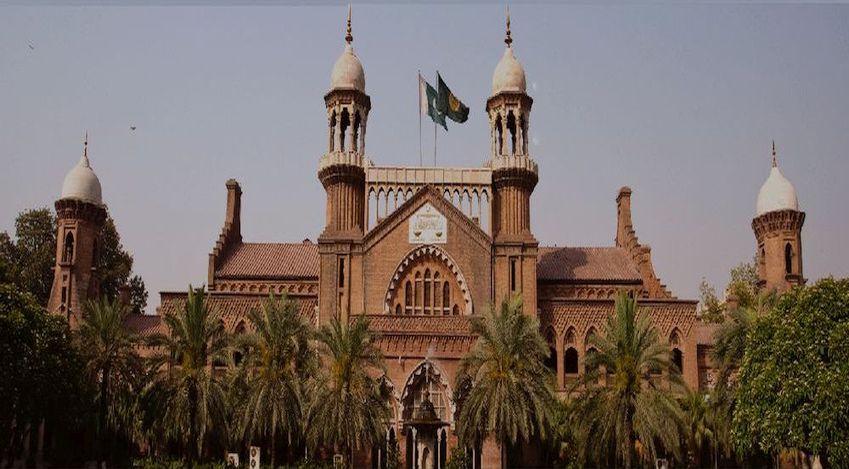Consolidation of Arbitration Applications is Permissible under the Arbitration Act, 1940, to ensure Effective Dispute Resolution --- Lahore High Court, Lahore
Islamabad 07-10-2024: In a recent judgment, the Lahore High Court, Rawalpindi Bench, dismissed a civil revision petition filed by M/s 7SKY Digital Marketing Pvt. Limited against the consolidation of arbitration petitions in an ongoing legal battle with M/s ASR Builders. The dispute centers around an agreement for the construction and marketing of a multi-storey building project named IRENIC-II, with both parties embroiled in litigation over the terms and conditions of their business relationship.
The petitioner, M/s 7SKY Digital Marketing, challenged the decision of the Civil Judge Class-I, Rawalpindi, who had ordered the consolidation of two separate petitions filed by both parties under the Arbitration Act, 1940. The marketing firm argued that the Arbitration Act, 1940, did not permit consolidation and that the Code of Civil Procedure (CPC) was not strictly applicable to arbitration proceedings.
However, Mr. Justice Mirza Viqas Rauf of the Lahore High Court dismissed the petition, stating that there was no specific prohibition under the Arbitration Act, 1940, against consolidation of petitions. The judge clarified that Section 41(a) of the Arbitration Act permits the application of CPC provisions to arbitration proceedings for the sake of justice. The Court further noted that the petitioner itself had previously moved an application under Order XIV, Rule 5 of CPC for framing of additional issues, and was now estopped by its own conduct from objecting to the consolidation.
The dispute arose out of an agreement dated February 15, 2020, wherein ASR Builders was responsible for the construction of the project while 7SKY Digital Marketing had the exclusive rights to market, sell, and issue allotment letters for the building. Following multiple civil and criminal litigations, both parties had agreed to settle the matter through arbitration. Respondent No. 2 was appointed as the sole arbitrator, but delays in the issuance of the arbitration award led to the filing of the contested petitions.
Mr. Justice Mirza Viqas Rauf provided a historical context of the arbitration laws in Pakistan, explaining that the Arbitration Act, 1940, was designed to provide a domestic tribunal for expeditious settlement of disputes between parties, unhampered by the strict procedural laws of the CPC. The judge emphasized that consolidation of petitions in this case was warranted as it would facilitate a more efficient resolution of the dispute, thereby avoiding contradictory judgments and reducing litigation time.
The Lahore High Court’s decision highlights the judiciary’s flexible approach towards arbitration proceedings and underscores the applicability of CPC provisions where necessary to ensure the ends of justice. This ruling serves as a reminder to litigants that procedural objections will not be entertained if they contradict the overall objective of expeditious and effective resolution of disputes.
The revision petition was dismissed, and the parties were directed to proceed with arbitration under the consolidated issues framed by the Lower Court.
Powered by Froala Editor








